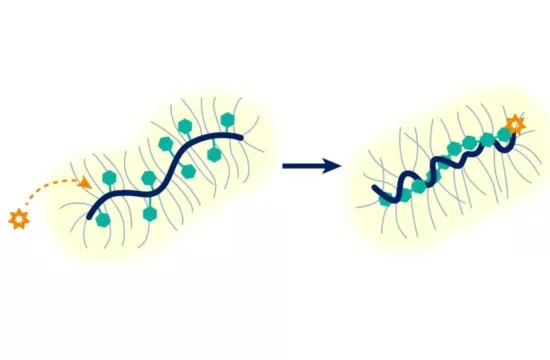
Students’ revision of their drafts is recognised as an important strategy to support the development of their writing skills. It involves a complex process of evaluating text, diagnosing problems and making revisions to improve the text.
Research found that novice writers tend to make surface revisions to their drafts while experienced writers tend to make text-based revisions that can alter the overall meaning of the text. It also found that offering feedback on the drafts can be useful in bridging gaps between students’ actual and desired writing performance in the course of revision.
Despite a substantial amount of literature on the importance of teacher feedback on student writing, much work still has to be done to identify the features of teacher feedback that can contribute to the success of student revision. More importantly, it is worthwhile to develop practical ways of supporting teachers to provide effective feedback to students.
To assess the effectiveness of teacher feedback on triggering student revision, human analysis of feedback and revision data is a commonly adopted approach. This approach however is known to be time-consuming and labour-intensive, limiting its practical use in a wide range of writing classes.
To address the limitation of the traditional approach, an automated tracking system was designed and implemented by Dr Gary Cheng Kwok-shing at the Department of Mathematics and Information Technology of The Education University of Hong Kong.
“The system aims to classify types of teacher feedback and student revision in English as Foreign Language (EFL) writing, as well as to detect their interconnections in a systematic and automatic manner, says Dr Gray. “This initiative would benefit both students and teachers in the feedback and revision process.”
For students, the automated tracking system can generate immediate and individualised analysis on how well they make changes in response to teacher feedback. The analysis can promote student reflection on their revision strategies and encourage students to improve their subsequent writing.
For teachers, the system can identify students who have problems in revising their text and are in need of early assistance. Furthermore, the system can inform the characteristics of teacher feedback to which students often attend and react in EFL writing. This would increase teachers’ awareness of the effectiveness of their own feedback and serve as a basis for enhancing their feedback practice.
The system received a Silver Medal in the Silicon Valley International Invention Festival in USA in 2019. In the future, the system would be applied to more EFL writing courses at various levels and in different tertiary institutions so as to evaluate its impact on student writing. Further efforts would be made to develop new functionality that enables the system to provide students with personalised suggestions and links to relevant learning resources in order to further facilitate students making more effective revisions.







